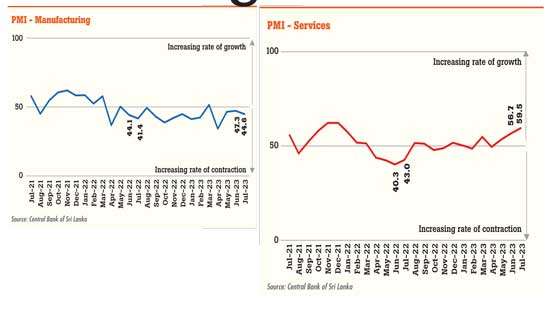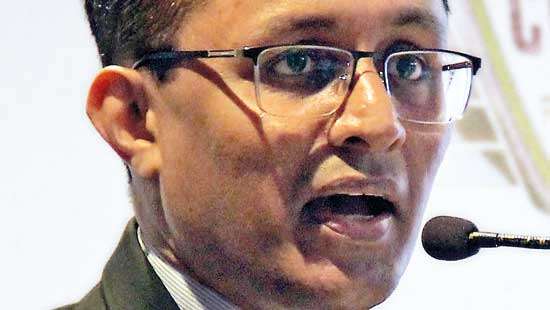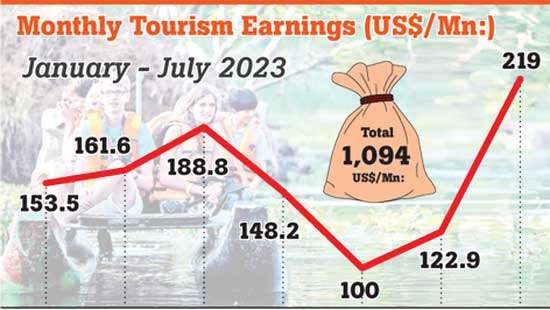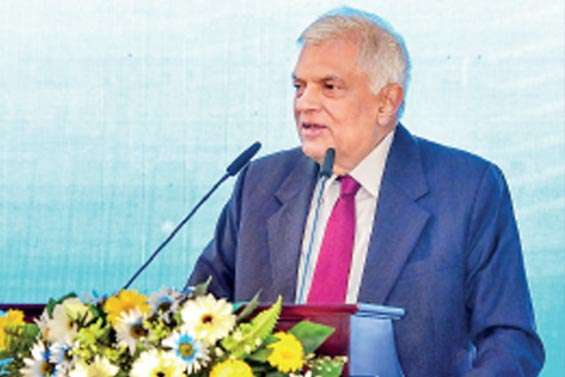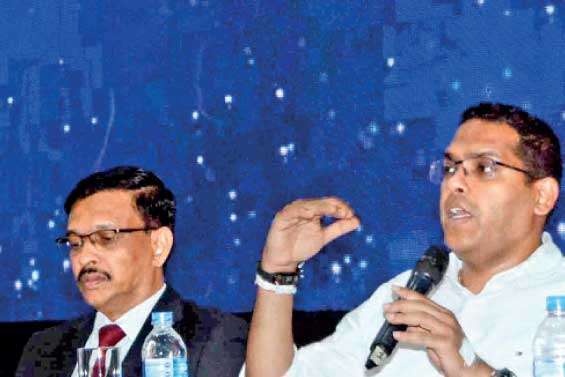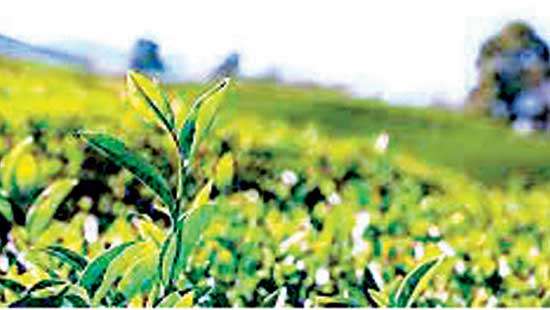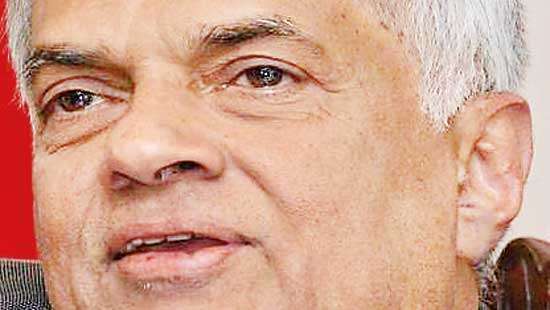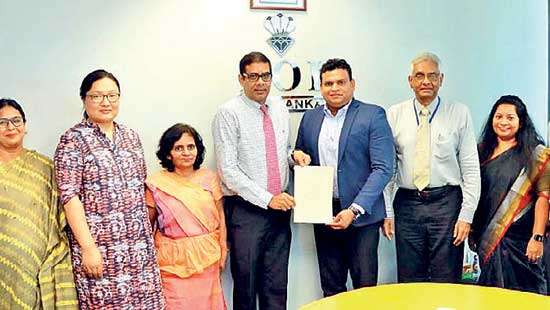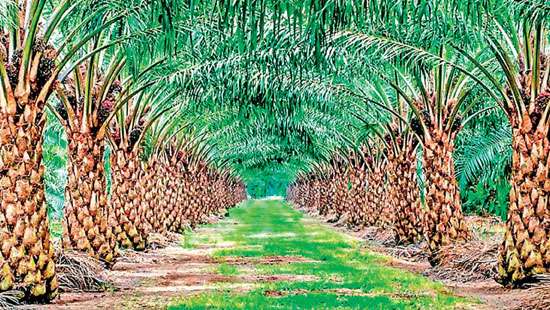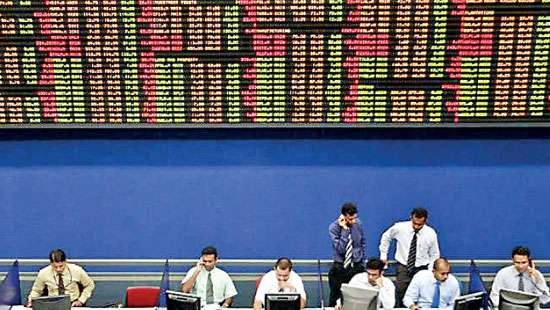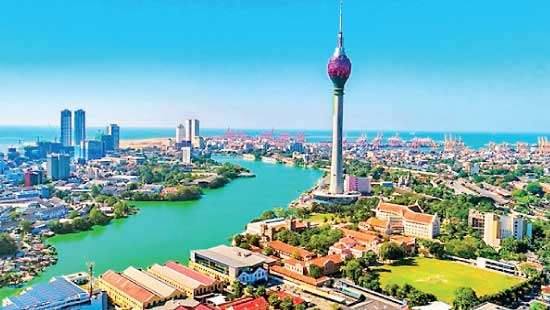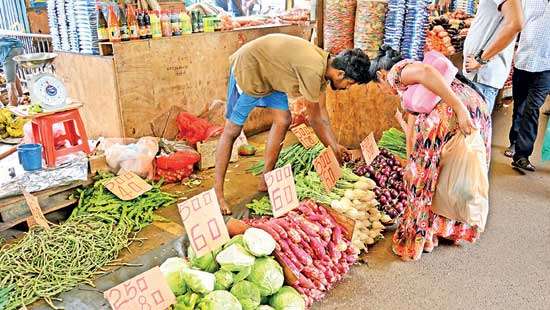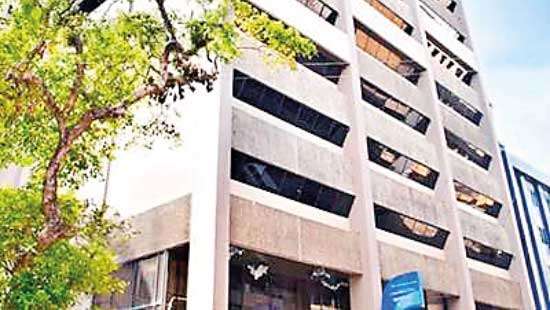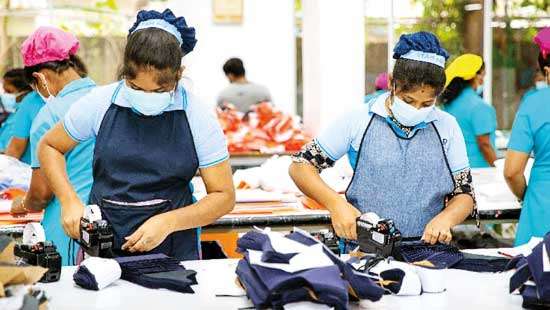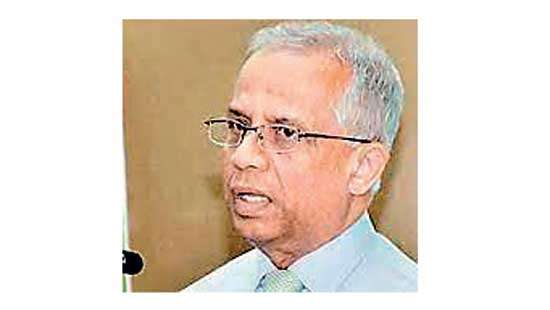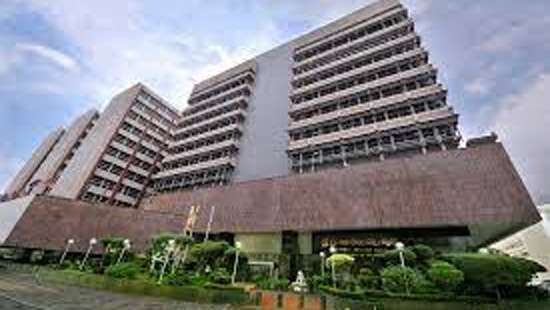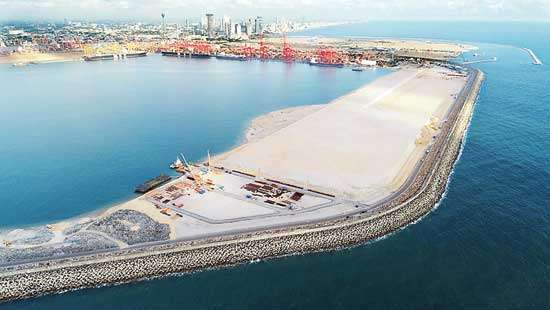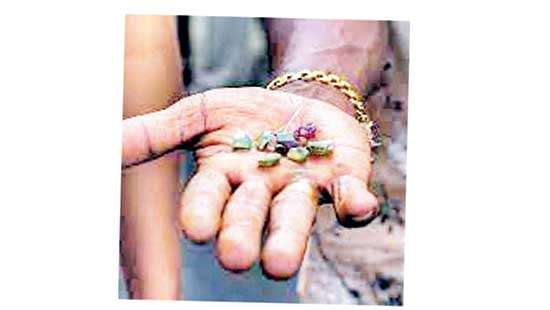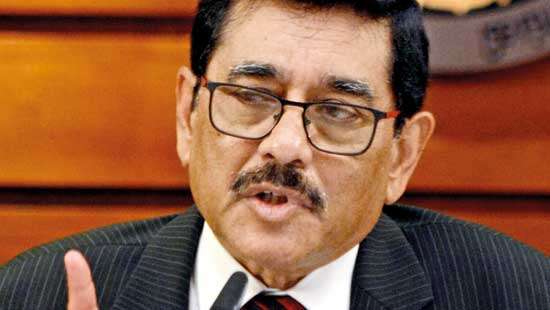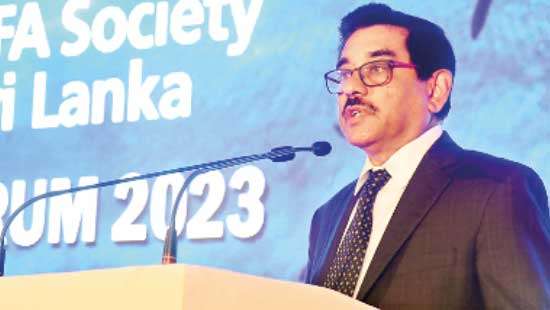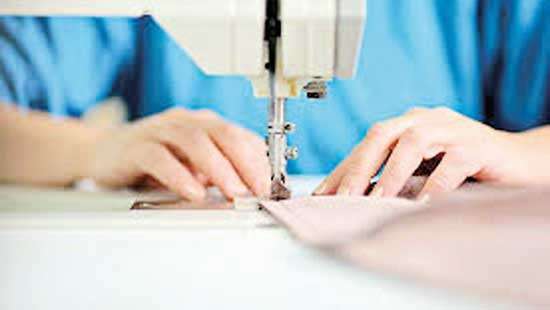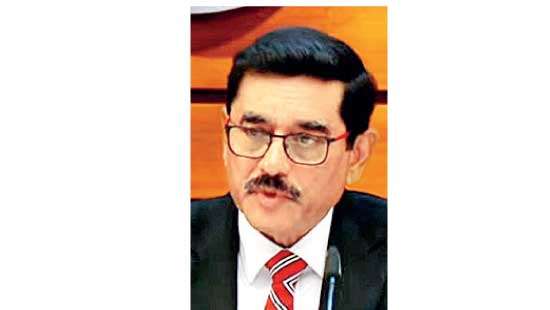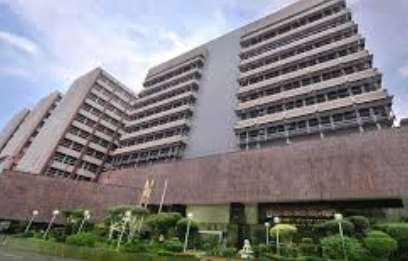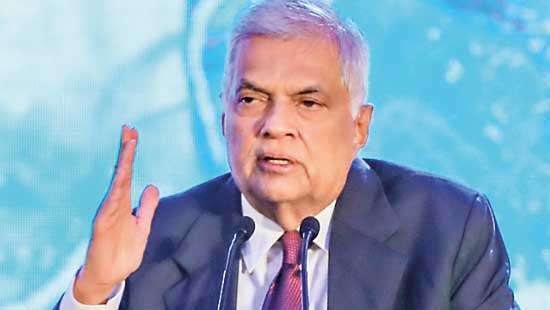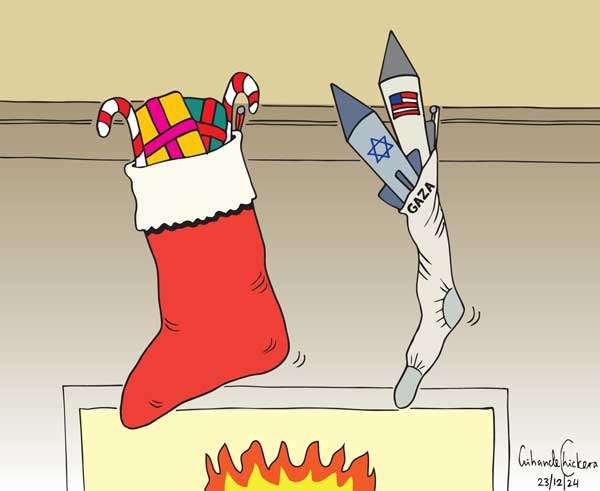Business Main
Govt. to engage private sector in setting up new universities
12 Aug 2023
 23
23
Amid the current human capital shortage, in particular the science, technology, engineering and mathematics (STEM) graduates increasingly looking to migrate, the government said it has plans to establish a number of new universities and vocational training centres with greater participation of the private sector on an urgent basis.
Tea industry prospects in 2H depend on LKR stability: Tea broker
10 Aug 2023
 0
0
Improved prospects for the tea industry in the second half of 2023 (2H23) largely depend on how soon the Sri Lankan rupee would stabilise, Forbes & Walker Tea Brokers said. It noted that unless the remunerative rupee tea prices are achieved, farmer profits would be negated. This in turn would result in a lack of inputs and diminishing crops that certainly would be disastrous for an already ailing industry.
Aitken Spence to revive two garment factories in Koggala with US $ 3.6mn investment
08 Aug 2023
 0
0
Blue-chip conglomerate Aitken Spence has entered into an agreement with the Board of Investment (BOI) to kick off operations of two garment factories that halted operations recently, due to reduced orders. The BOI announced in a statement to the media that following its intervention, Aitken Spence is pumping in an investment of about US $ 3.6 million in the first phase to re-establish the two factories that are located in the Koggala Investment P
Stocks extend surge with net foreign inflow of Rs.1.5bn
04 Aug 2023
 0
0
The Colombo Stock Exchange maintained its upward momentum for the fifth consecutive session yesterday as foreign investors made significant contributions, resulting in the highest net foreign inflow to the market in recent times.
Malik and Dilhan Fernando appointed as Co-Chairs of MJF Holdings
03 Aug 2023
 0
0
Pursuant to the demise of MJF Holdings Founder and Chairman Merrill J. Fernando, his two sons, Malik J. Fernando and Dilhan C. Fernando, wish to express their deep appreciation to the overwhelming number of people who joined them in their grief and in laying their beloved father to rest. They reaffirm their commitment to building on the formidable legacy that Merrill J. Fernando built in tea and leisure, with kindness to people and nature. MJF
Corporate leaders to shape new investment policy for private sector-driven economy
02 Aug 2023
 0
0
In line with the government’s policy to focus on private sector-driven growth towards a strong export-oriented economy, a high-powered five-member committee comprising of well-known corporate leaders have been appointed to draft a new investment policy for the country.
Inflation drops to single-digit levels in July ending near two-year price spiral
01 Aug 2023
 0
0
Inflation in the Colombo district retreated to what once appeared to be an elusive mid-single digit level in July, as food prices declined from a year ago, while the non-food prices eased to just above 10 percent, ending nearly two-year long price spiral, which pushed most Sri Lankans into once-in-a-generation cost of living crisis. The inflation measured by the Colombo Consumer Price Index dropped to 6.3 percent in the twelve months through
SL seeks six-fold duty-free increase in apparel exports to India under ETCA
28 Jul 2023
 0
0
Sri Lanka will be seeking a minimum six-fold increase in duty free access for its ready-made apparel products from India with no fabric sourcing conditions under the proposed Economic and Technology Co-operation Agreement (ETCA)
China-Sri Lanka FTA talks set to resume within next two months
27 Jul 2023
 0
0
The negotiations for the proposed China-Sri Lanka Free Trade Agreement (FTA) are expected to resume within the next one to two months after a six-year hiatus. “We are waiting for official communication from China on dates for the next round of FTA negotiations,” Sri Lanka’s International Trade Office Chief Negotiator K.J. Weerasinghe told a seminar organised by the National Chamber of Exporters, in Colombo, yesterday. Speaking to Mirror Business
Unlicensed foreign traders pose serious threat to local gem and jewellery sector
25 Jul 2023
 0
0
The Export Development Board (EDB) yesterday said Sri Lanka’s gem and jewellery sector is under serious threat, due to a surge in foreign traders’ involvement in key gem markets without the required licences, threatening the sector’s integrity and sustainability.
Next two years critical for Sri Lanka’s recovery: World Bank
20 Jul 2023
 0
0
The next two years would be critical for Sri Lanka’s recovery, the World Bank (WB) Country Director for Sri Lanka said, while cautioning that there are further significant headwinds that need to be closely monitored. WB Country Director for the Maldives, Nepal and Sri Lanka Faris Hadad-Zervos asserted that while improvements are seen in the economic and social landscape in the island nation, it is not the end of the road.
CB recommends further relaxing of import controls sans vehicles
18 Jul 2023
 6
6
With the foreign currency condition in the domestic market seeing a gradual improvement, the Central Bank (CB) appears to have taken a further conciliatory approach for imports, as it has recommended relaxing another batch of 900 goods but without vehicles.

SL exits ’Restricted Default’ rating
15 Jul 2023
 40
40

SriLankan airlines hosts agents’ tour to Gan island
15 Jul 2023
 40
40

First Capital crowned as Brand of the Year at SLIM Brand Excellence 2024
15 Jul 2023
 40
40

Bitcoin surges past $100k for first time
15 Jul 2023
 40
40

Can funds disbursed through President’s Fund be refunded?
15 Jul 2023
 40
40

Main schools in Colombo without principals
15 Jul 2023
 40
40

Economic crisis stalls five high-rise buildings
15 Jul 2023
 40
40


